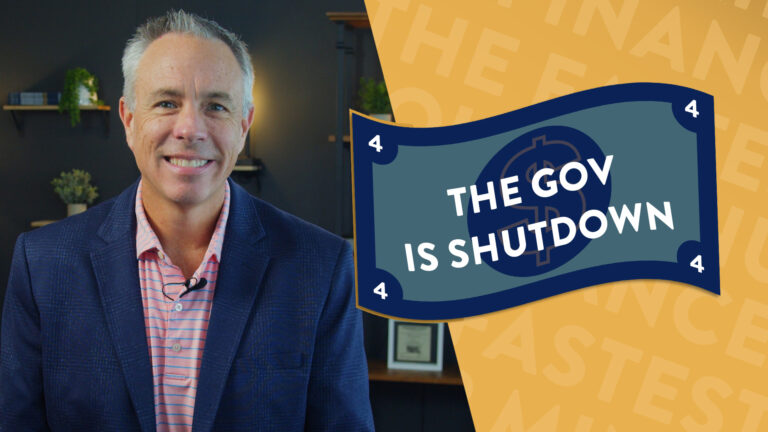The decorations are coming down you’re getting back in the swing of work, and the new year is off to the races. It’s the time of year when everyone is talking about their goals and dreams. New year, new you, right? You’ve set your resolutions… but now what?
Are We There Yet?
It’s no coincidence to me that the year kicks off with Financial Wellness Month. The start of a year gives us a fresh, forward-looking perspective while the previous year is still fresh on our minds. We’re challenged to look at the new chapter and set resolutions to do better this year than we did last. Are the goals we’re setting really getting us anywhere, though?
Listen, New Year’s resolutions can be great – anyone who knows me knows that I love setting goals and working toward them – but if financial independence is only ever a New Year’s resolution for you, it’ll only get you so far. 51% of Americans will set a money resolution (MagnifyMoney). However, on average, 80% of New Year’s resolutions fail by the second week of February (ABC News).
Here’s why:
- Goals need accountability
- Setting a goal without accountability is like being an athlete without committing to training. It just doesn’t work.
- Have you asked your spouse, a friend, or a coworker to help you maintain progress toward your goal?
- Most Goals aren’t SMART
- Specific
- Write out a clear and concise goal
- Measurable
- Can you truly know if you’ve achieved your goal?
- For example, don’t just say, “I will save money,” rather, “I will save $1,000 by 03/31/21.”
- Can you truly know if you’ve achieved your goal?
- Attainable
- Your goals should be big enough to challenge you while still within the realm of possibility.
- Relevant
- If your goals don’t excite you, you should set different goals.
- Timely
- Set your goal for the year, break it up by month or by quarter, and have a system for tracking progress. The easier it is to prove to yourself that you’ve gotten closer to your goal, the less likely you’ll be to give up.
- Specific
Our Secret to Sticking to Your New Goals
If you’ve got financial resolutions set for this year, we’re rooting for you to beat the odds and achieve them. But even if a new year means a “new you,” it may also come with new challenges, new responsibilities, or new expenses. You’re also another year closer to retirement. The best antidote I can think of for the high failure rate of new year’s resolutions isn’t less goal setting, but more planning.
You see, a financial plan is less like a life preserver and more like a boat. It doesn’t assume you’re going to drown; it assumes you have a place to go and need a way to get there. While a New Year’s resolution is likely to be something you set once and forget about in a few weeks, a plan is a living, breathing document that evolves and changes with you (and it’s not something we just pull from a shelf). It’s the result of conversation and collaboration—and a deep, heartfelt understanding of your goals, values, dreams, and lifestyle.
So, it’s a fresh start – game time – and the ball is in your court. New year… now what? You decide!
The opinions voiced in this material are for general information only and are not intended to provide specific advice or recommendations for any individual.





